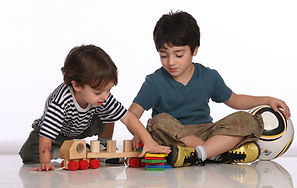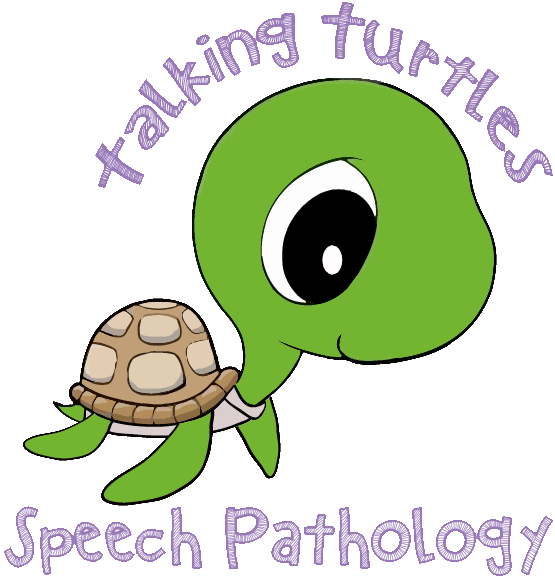

Articulation
Articulation refers to the physical process involved in making speech sounds.
Each speech sound is produced differently by changing the shape and position of speech structures such as our lips, tongue, teeth and jaw, the direction of airflow and the involvement of the larynx (voice box).


Receptive Language
Receptive language encompasses all that we understand and is also referred to as Listening Comprehension.
It includes understanding the meaning of words, understanding grammatical structures and understanding sentence structures.

Expressive Language
Expressive language encompases all the language we produce.
It includes using the correct words, using grammatical structures correctly and being able to structure sentences.

Literacy
Literacy refers to reading and pre-reading skills.
Pre-reading skills such as rhyming, segmenting, blending and sound-letter knowledge all contribute to reading ability and ease.

Fluency
Fluency refers to the ease and smoothness of speech.
All speakers are disfluent at times however, when these disfluencies are disrupting the flow of the message being communicated a fluency disorder may be diagnosed.

Pragmatics
Pragmatics refers to Social Skills.
Pragmatics includes using and understanding; verbal and non-verbal communication such as facial expression, body language and tone of voice. It also referrs to the ability to understand sarcasm, jokes and social rules.

Childhood Apraxia of Speech (CAS)
CAS refers to a motor coordination speech disorder.
Children with CAS are generally very difficult to understand and often sound as if they are speaking a different language. Their speech errors do not follow predictable patterns and they often make vowel errors.
Children with CAS may also have other gross and fine motor coordination difficulties.
